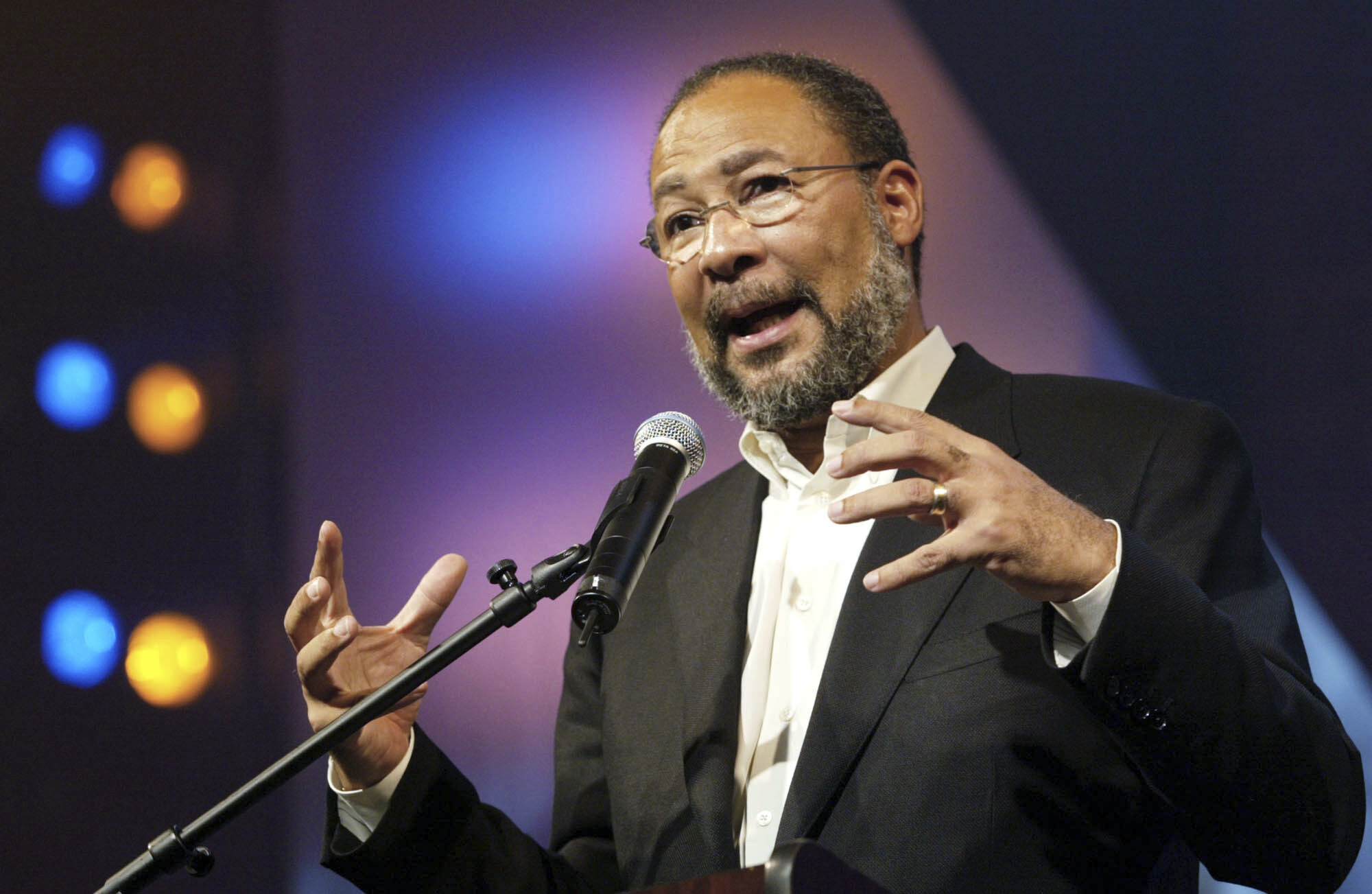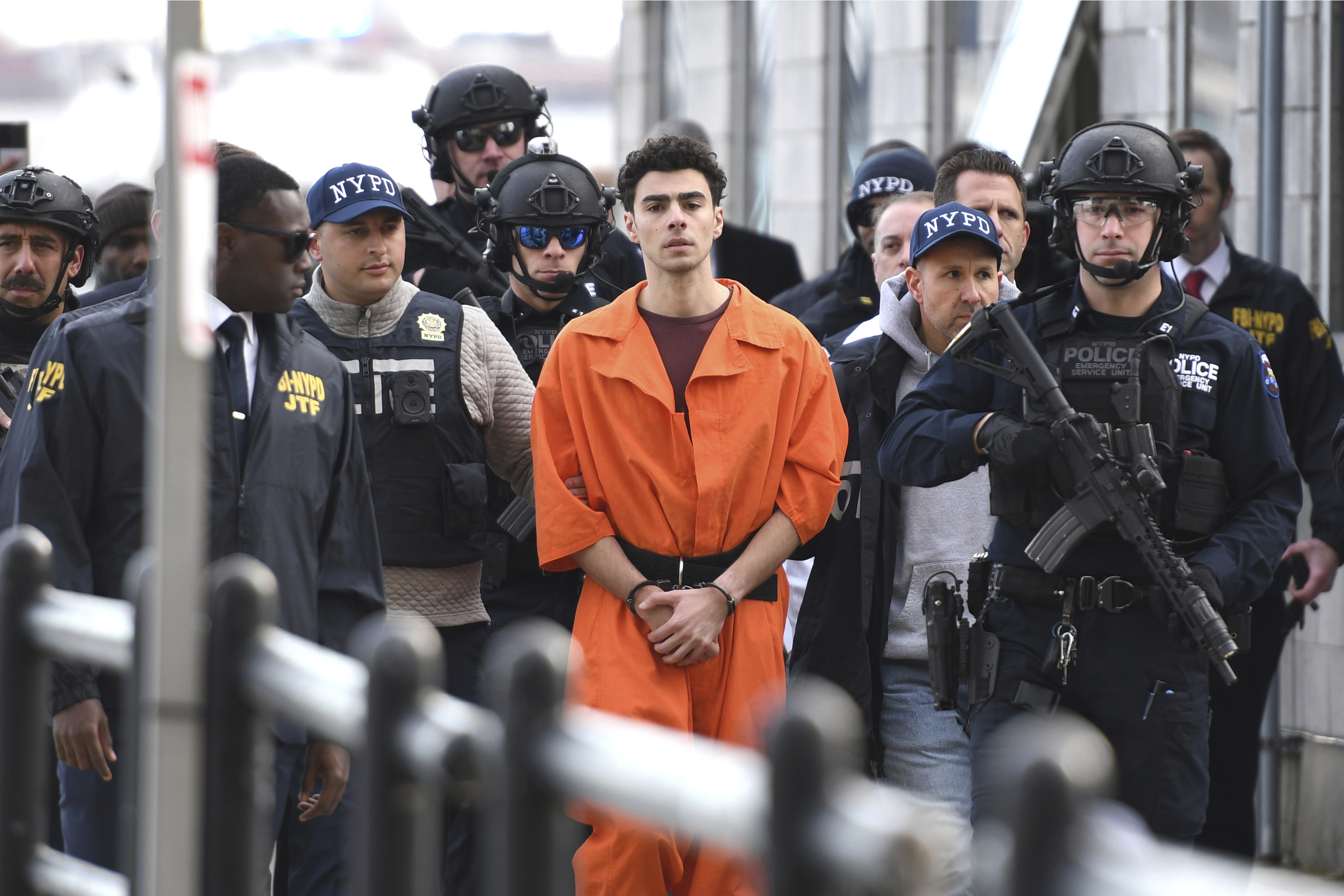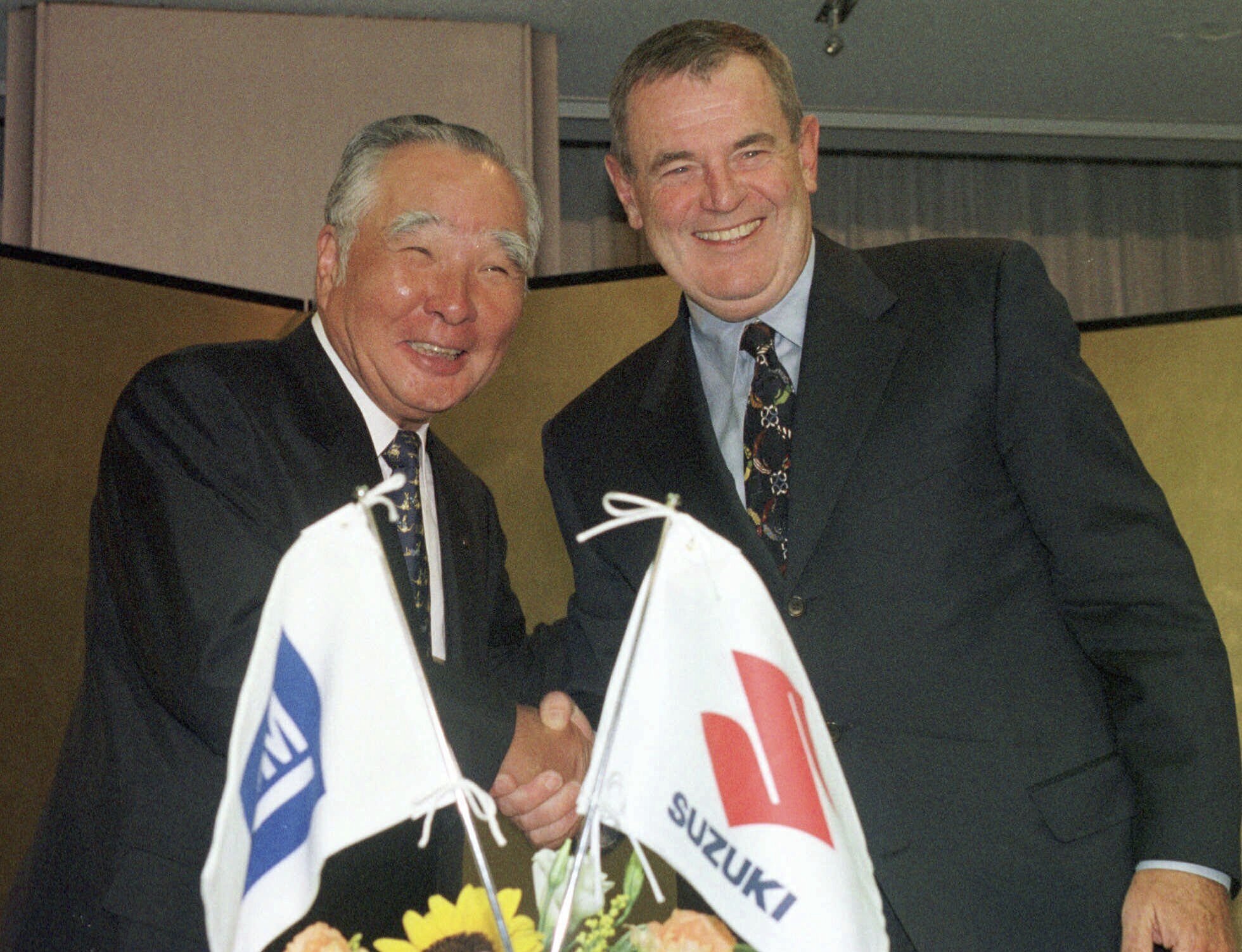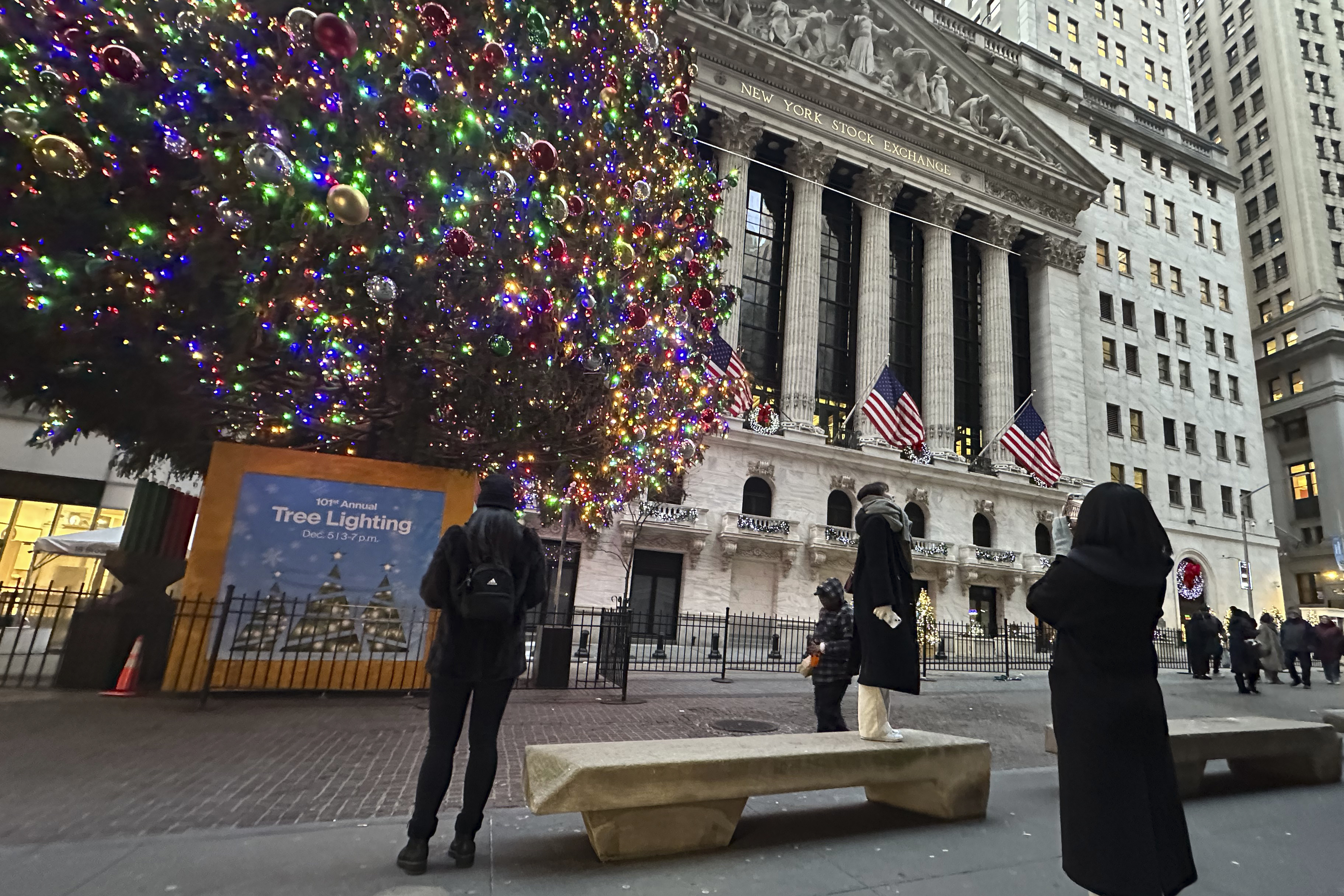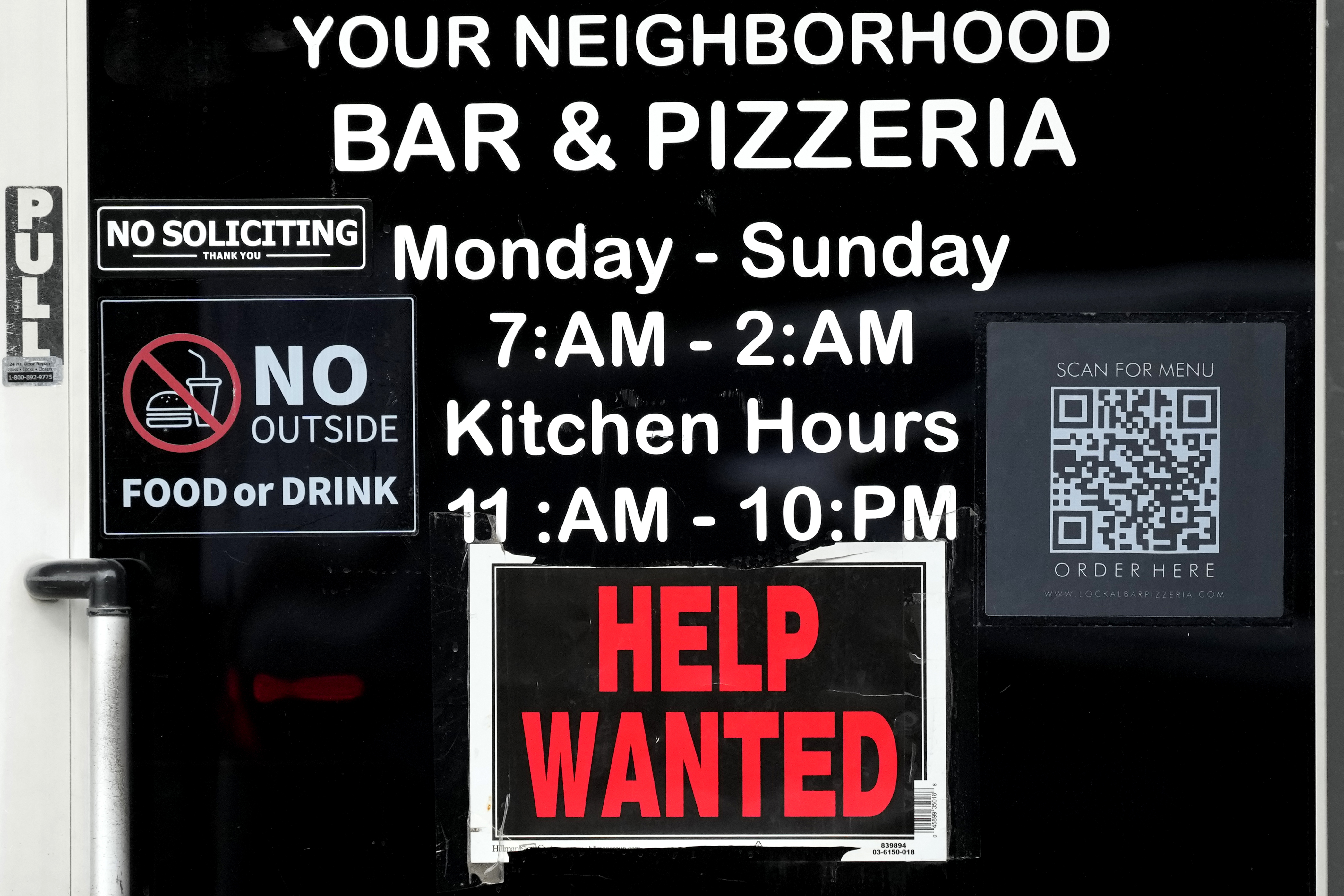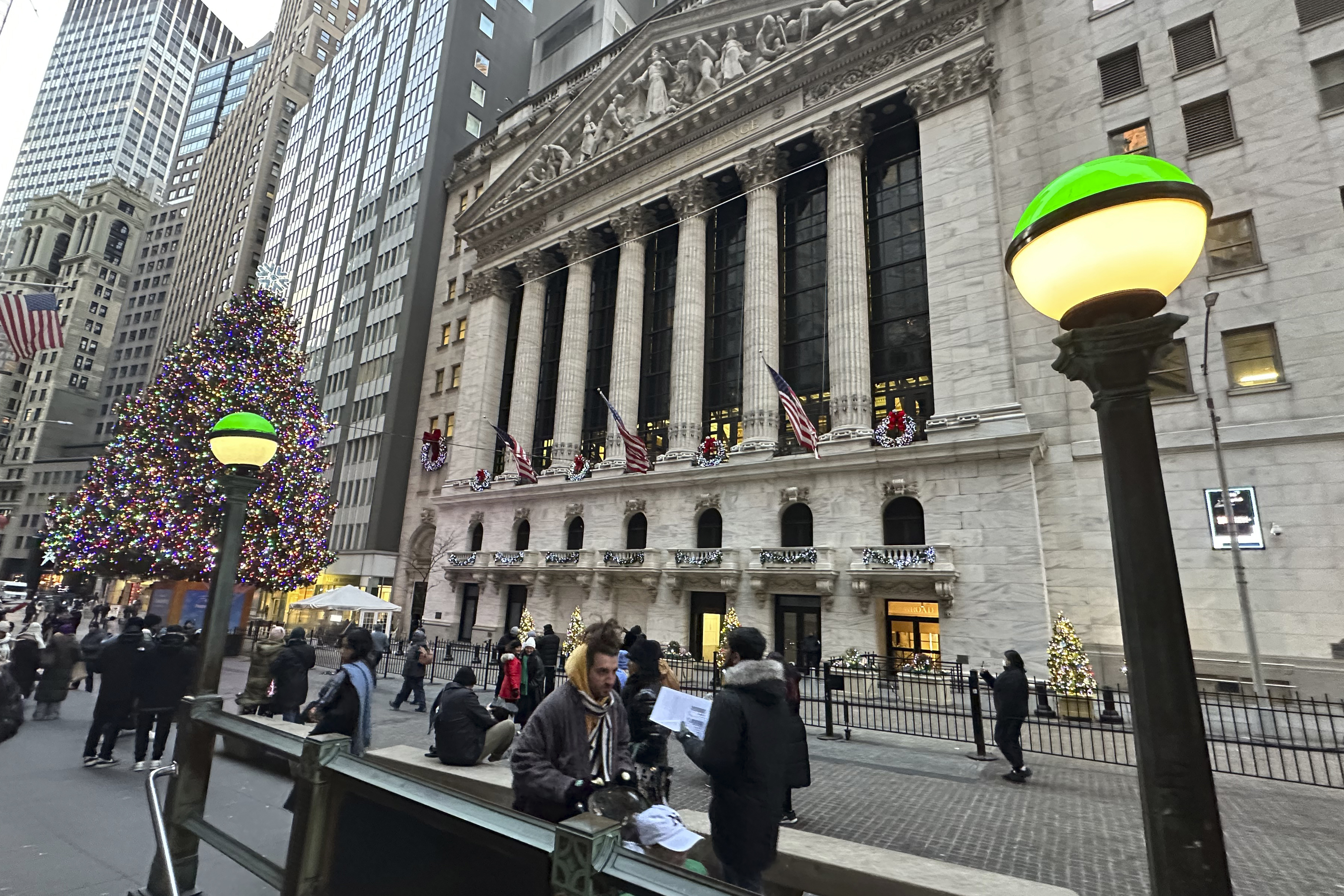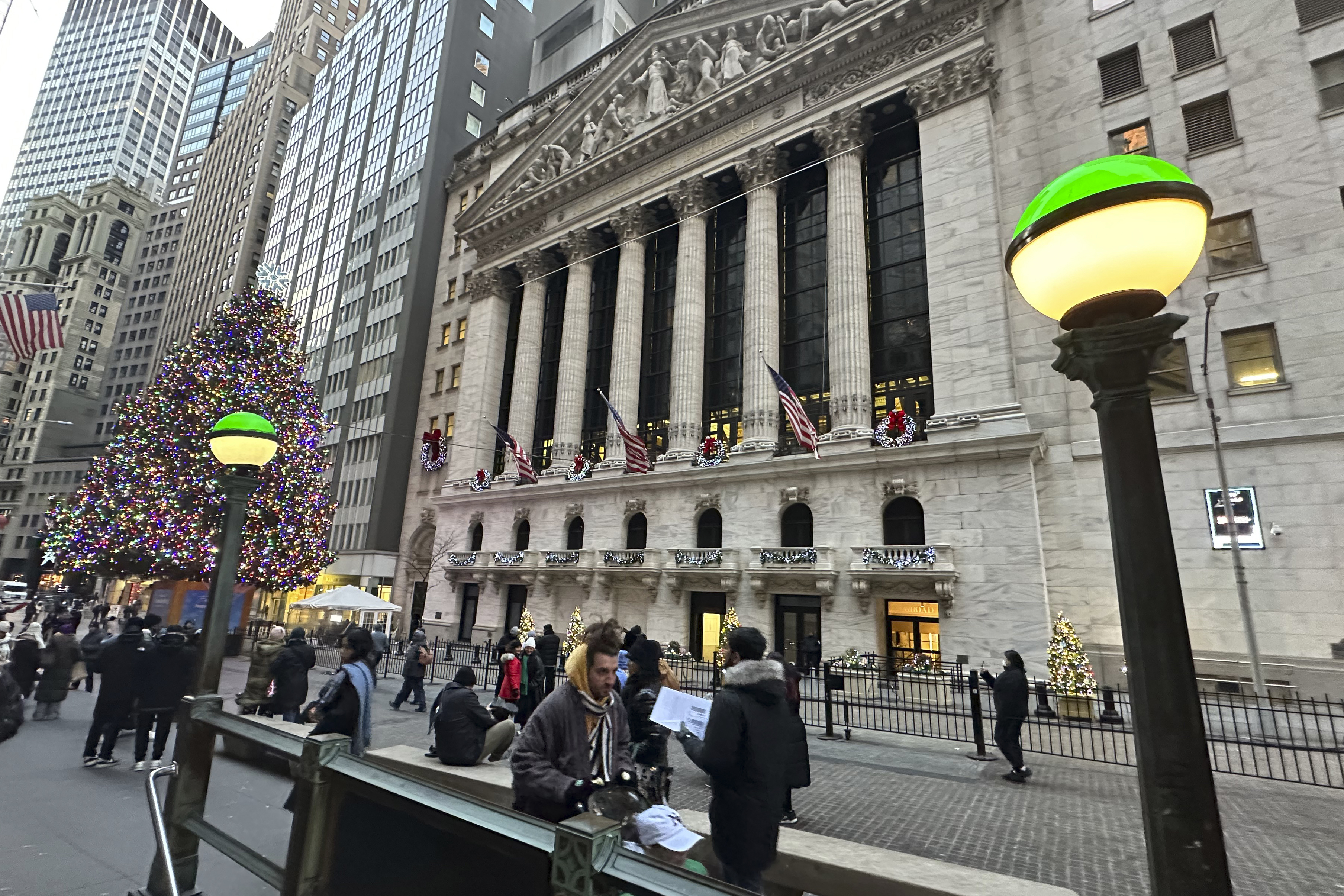ELIZABETH CITY, N.C. (WAVY) — Over the 100 days since the killing of Andrew Brown Jr. by Pasquotank County Sheriff’s Office deputies, much of the attention has left the small North Carolina city.
But off-camera, the conversations and work started by community members still continue.
Brown’s death on April 21 threw Elizabeth City into the national spotlight overnight, adding a new story to the national narrative of police-involved shootings of Black men. Pasquotank County Sheriff’s Office deputies were serving drug-related search and arrest warrants at Brown’s home when the fatal shooting happened.
Protesters filled the streets of Elizabeth City in the weeks after Brown was killed.
Since his death, calls for transparency from the sheriff’s office and Pasquotank County District Attorney Andrew Womble echoed on national media outlets as the country learned of the latest officer-involved shooting of a Black man.
More than 100 days since his death, the number of protesters has substantially decreased.
Still, a handful of people, like Cheryl Morrison, still take to the streets every day.
“Oh, I come out for justice,” she said. “I believe in justice for everyone. It don’t matter to me what color you are. It’s what’s right,” Morrison said.
Pasquotank County NAACP President Keith Rivers says the calls for change from the community have not diminished since Brown’s death.
“Yes, the spotlight has moved away from Elizabeth City, but the constituents of this county and this city has not subsided,” said Rivers.
Every Thursday, Morrison and a group of other senior citizens hold a sit-in at the Sheriff’s Office, loaded with questions for Pasquotank County Sheriff Tommy Wooten.
“Why the change from being so supportive to your community that you’ve been elected for,” said Keith Brown. “Why the change of not coming out, supporting us like you was doing at first?”
The day 10 On Your Side joined them, Wooten didn’t come to meet with them.
Still, community members say change is in the air.
Jimmy Bones is the man behind the mural of Andrew Brown outside his home and he also put paint to pavement for the Black Lives Matter mural on Colonial Avenue.
“I feel like it’s brought a lot of the community together, has brought people out that feel like it’s necessary to bring more awareness to the movement,” he said.
He hopes his work inspires continued healing, especially between the community and police.
“I did it to bring a sense of unity to the community as well as to enhance the Black Lives Matter movement and to show that we all come together,” he said.
Community members have traveled to Raleigh and to Washington D.C. to meet with lawmakers.
They’ve called for a pattern or practice investigation, the release of all body camera video taken during Brown’s death and accountability for the deputies involved.
Back at home, activists say more people have even showed up to county commission meetings.
“That word change is not just some fictitious or some word that’s thrown around,” said Rivers. “That word change is a reality and this community now understands that change happens through voting.”
As the Brown family continues to wonder when their calls to see the full tapes will be answered, Brown’s aunt Glenda Thomas tells 10 On Your Side their voices, and those of the community, will be heard at the polls.
“People have to get out and vote,” she said. “That’s where change is going to come. And if you sit home and don’t vote, then you have nothing to complain about. Everybody needs to get out and vote.”
10 On Your Side reached out to Elizabeth City Mayor Bettie Parker for her reaction, but she didn’t have time to talk with us.
We also reached out to Wooten but have not heard back.
His office previously told 10 On Your Side he’s limited on the scope of what he can talk about because of pending litigation filed against him by the Brown family.



